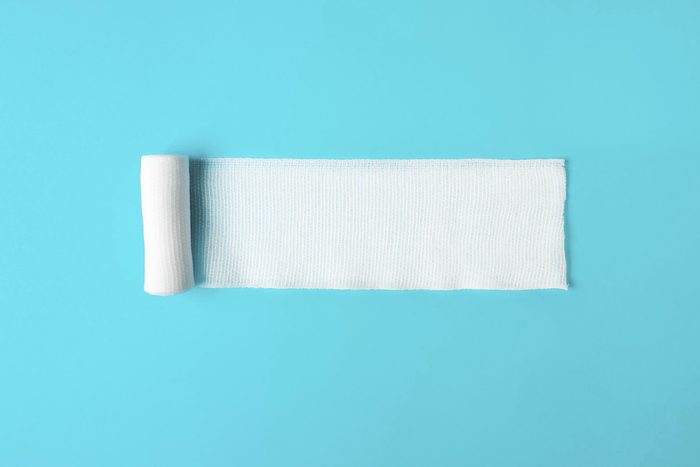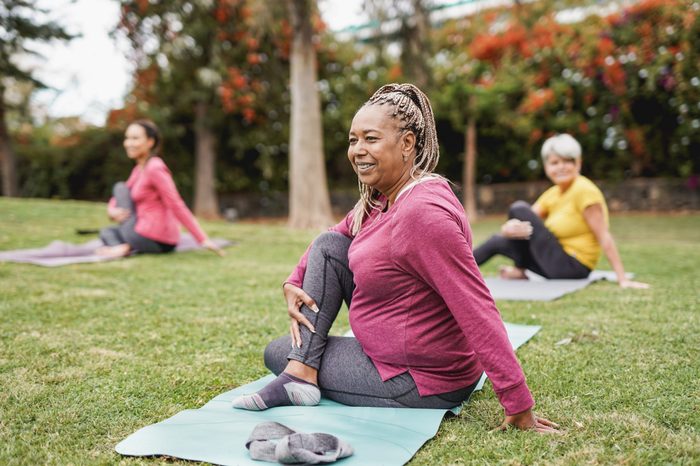
You’ve been thinking about that procedure and are finally feeling ready to take the leap and meet with a cosmetic surgeon. When you factor in your doctor consults, the weeks that might pass before you can get an OR date locked in, the busiest times of year when you don ‘t want to show up to social events having clearly just emerged from surgery…when is the prime time of year to go under the knife, laser, or whatever method your surgeon will administer?
Turns out, there is a preferred window to pursue that more confident self and meanwhile heal in the healthiest, most restful way possible. According to plastic surgeons Chukwuemeka Onyewu, MD and Dare Ajibade, MD, who both practice at Jamachi Plastic Surgery & Medi-Spa in Silver Spring, MD, fall and winter is “plastic surgery season.” Here’s why.
4 benefits of cosmetic surgery in fall & winter

Less sun exposure
Sun exposure leads to skin damage and hyperpigmentation, which is why concealing incisions and surgery scars from the sun is vital. Drs. Onyewu and Ajibade say undergoing cosmetic procedures in the fall or winter can create a lower risk of sun exposure, mitigating the likelihood of hyperpigmented scars that can later make your work appear conspicuous…possibly permanently.

Keeping cool
Cooler temperatures typically mean less sweating, which can be beneficial for surgical wound healing, as sweat can irritate incisions and increase the risk of infection. The chillier temps compared to hot summer weather also help to better tolerate compression garments that are often necessary for most body contouring procedures.
This Cosmetic Procedure Just Overtook Breast Augmentation As #1 in America

Sweater weather
Long skirts? Cozy sweaters? These, along with turtlenecks, scarves, and other cold-weather apparel, can help conceal healing incisions or compression garments.
New Study: Here’s How Weight Loss Surgery Can Lower Women’s Cancer Risk

That warm-weather reveal
Summer weddings, festivals, and vacations are even more fun when you feel your best. Having surgery in the fall or winter allows a span of months for you to rest and return to physical activity before it’s time to bare your beauty again.
It’s important to note that timing, and all other details about your surgery, should be determined in conversation with a licensed medical professional, or a team of professionals. Additionally, recovery times and post-operative care can vary widely depending on the type of procedure, so it’s essential to follow your doctor’s guidance for the best results.
- Here’s How You Can Get Rid of a Double Chin, Say Aesthetic Surgery Experts
- Dieting? A New Study Found Fasting at This Hour Was More Powerful for Blood Sugar and Weight Loss Than Cutting Calories
- The FDA Wants To Ban a Popular Soda Ingredient That’s Already Outlawed on 3 Other Continents
- I Ate Peanut Butter Every Day for a Week—Here’s What Happened